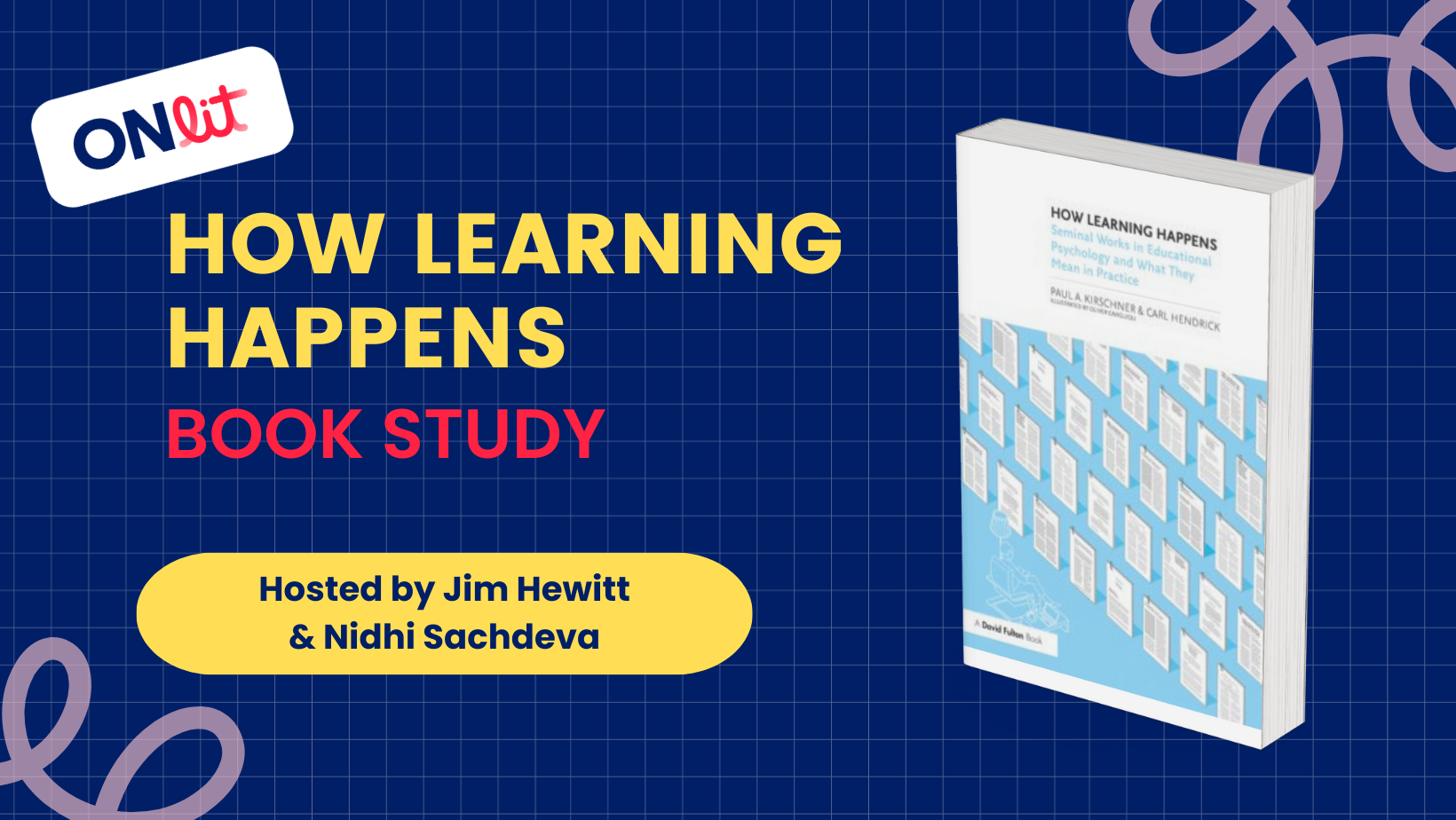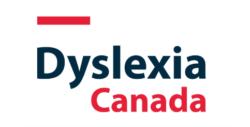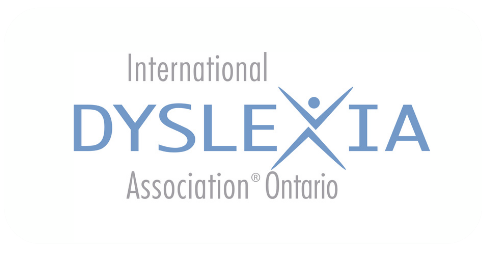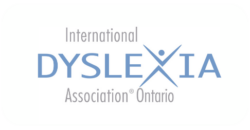

Passionate about integrating the science of learning into your pedagogical practice? Join Jim Hewitt and Nidhi Sachdeva for this engaging book study of selected chapters from How Learning Happens by Paul Kirschner and Carl Hendrick.
We will focus on six theoretical foundations from the Science of Learning and examine how we can design more effective instruction by better understanding the cognitive processes that take place when learning occurs.
Come prepared to contribute to the breakout room discussions and to participate in the question and answer portion of the sessions. How Learning Happens is available for purchase on Amazon, Indigo and Caversham Booksellers. (Please note, we are not affiliated with any publishing companies or suppliers.)
Please also download and read the session materials.
Select Saturdays, 10:00 am to 11:15 am, starting February 3, 2024 and ending April 20, 2024.
We are very excited that on April 20 the authors, Paul Kirschner and Carl Hendrick, will be joining us!
50 minutes of presentation by Jim and Nidhi, followed by a 15 minute breakout room, then 10 minutes for questions and discussions.
| Date | Topic |
|---|---|
| Feb 3 | Information processing model and cognitive load theory |
| Feb 17 | Prior knowledge and advance organizers |
| Mar 2 | Depth of processing new knowledge |
| Mar 30 | Effective study techniques: Retrieval practice, spacing, interleaving |
| Apr 13 | Dual coding theory |
| Apr 20 | Rosenshine’s principles of instruction |
Registration in one event will automatically register you for all events.
-
Start Time
February 3, 2024 @ 10:00 am -
End Time
February 3, 2024 @ 11:15 am




